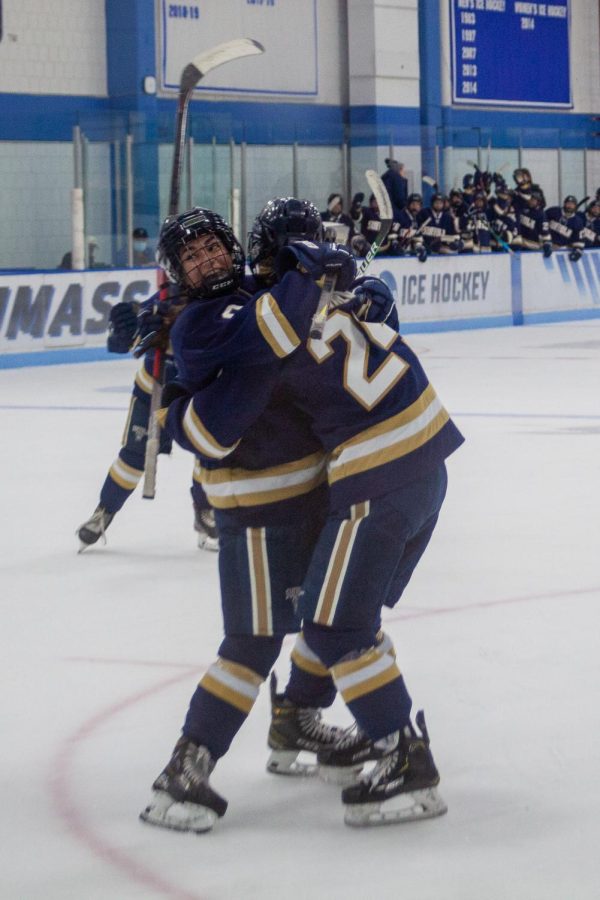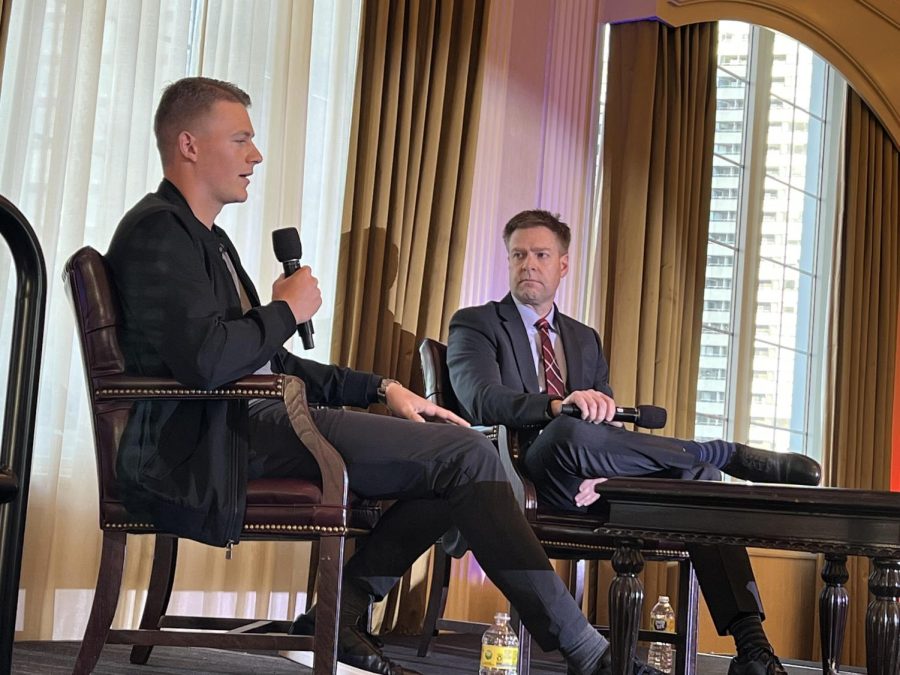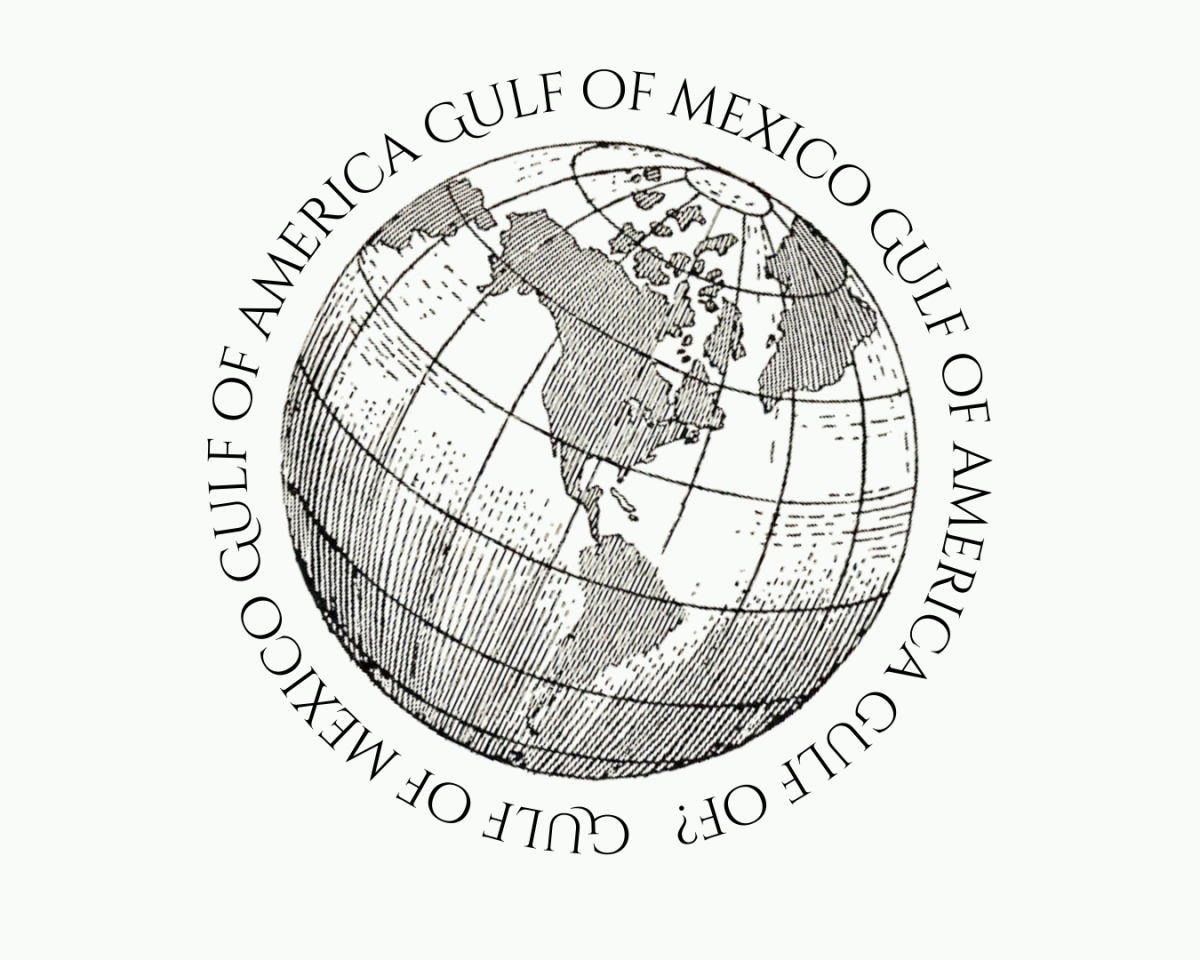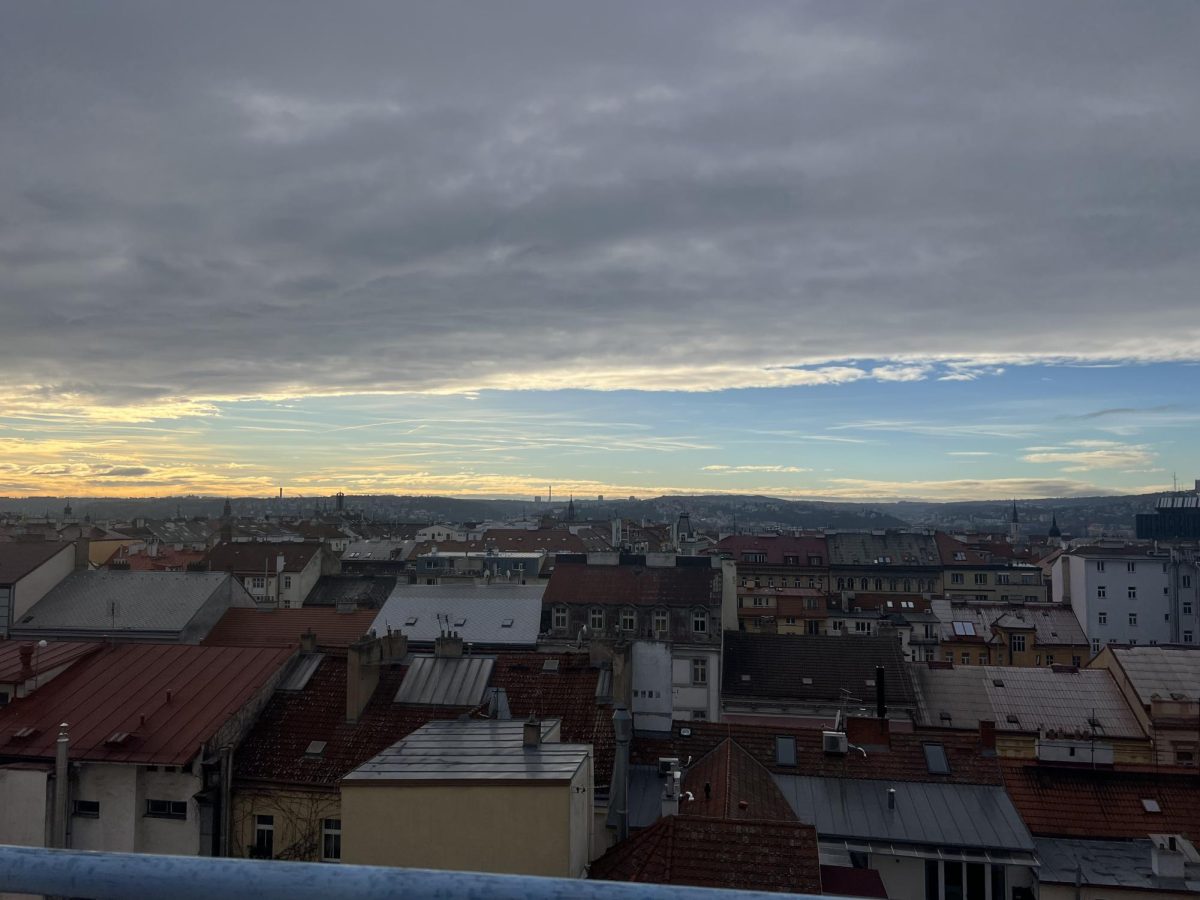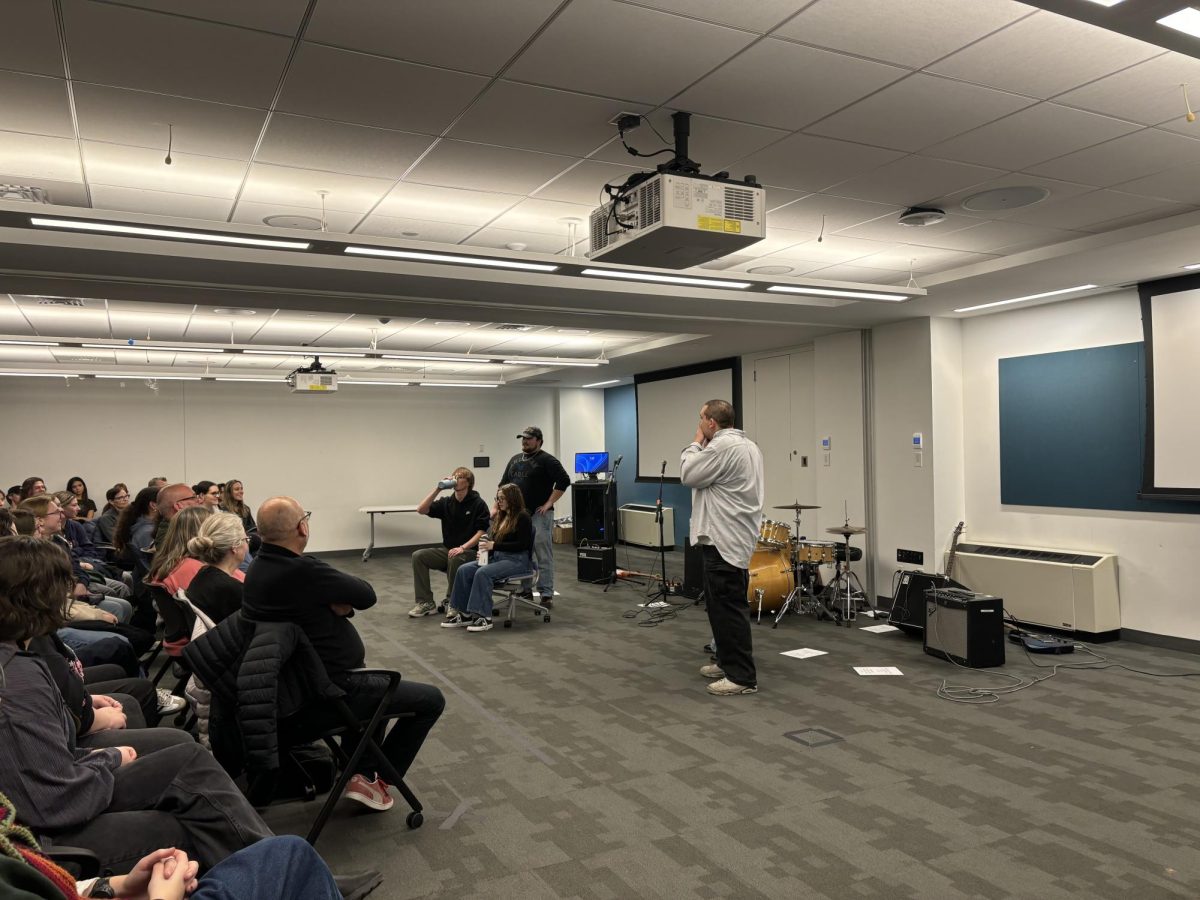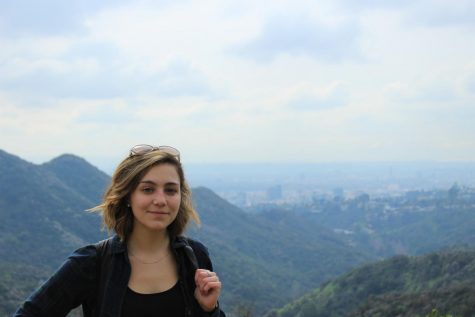Within the past two months, Venezuela National Assembly leader Juan Guaido has challenged de jure President Nicolas Maduro as illegitimate. With support from the United States and various other nations, Guaido has declared himself the interim president of the nation.
This past week, billionaire Richard Branson announced that a concert in Colombia would be held on Friday to send aid to Venezuela. In response, Maduro declared a rival “Hands Off Venezuela” concert that will import 300 tons worth of aid from Russia – rejecting any aid that may come from Branson’s event, according to The Washington Post.
Maduro has denied the existence of a crisis and has blocked many shipments of food and aid sent by other countries for years. However, with the help of international allies, Guaido has been able to access humanitarian aid from many countries.
The interim president plans to bring in the aid raised through Branson’s concert despite the claims of Maduro’s “cynical” government, according to The Washington Post.
The country has been in a political stalemate since January when Maduro-backed authorities moved to prevent Guaido from leaving the country by freezing his bank accounts.
This came just a day after the U.S. imposed harsh sanctions on the nation’s state-run oil company – a move to significantly hinder Venezuela’s economy and restrict Maduro’s power, according to The Washington Post.
For Suffolk students with family in Venezuela, this crisis has become more than political and has left students concerned and distressed.
“The country is basically destroyed, there’s nothing left,” said Suffolk biology major and Venezuela native Rosa Roa Ramirez in an interview with The Suffolk Journal. “There are none of the basic things that you need to live, millions of people have left the country because of the situation.”
For nearly half a decade, nations across the globe have seen a dramatic increase in Venezuela’s political dissatisfaction, unbearable hyperinflation and a severe humanitarian crisis regarding food, medicine and security under the rule of Maduro.
After political backlash increased in 2017 when the Supreme Court, hand-picked by Maduro, eliminated the power of the National Assembly of Venezuela – mainly a group of opposition leaders that were elected by people and had the power to limit Maduro, according to CNN.
This lead to a series of protests by outraged Venezuelans. Political leaders were put into jail and several young people were tortured and killed, according to The New York Times.
Later the Congress moved the elections that were supposed to be held in December 2018 ahead to May 2018. This gave the opposition very little time to make a campaign before the elections were held, according to The New York Times.
Considering that all the opposition leaders were either jailed or banned, and only a small percentage of the population voted under the negative influence of Maduro, it wasn’t a surprise that Maduro won the elections.
Under the given circumstances, the Venezuelan population and international community had no choice but to declare the 2018 elections illegitimate. President Donald Trump banned Maduro’s government right after the 2018 elections by not buying any more petroleum from Venezuela, according to The New York Times.
These oil firm sanctions have worsened inflation with the intention of weakening Maduro’s government.
Maduro has continued to lead the economy of the country to a devastating disaster, crushing the economic stability of Venezuelan citizens.
Ramirez has been outside of the country for two years and explained how everything has changed since then. The hyperinflation is so unusual that when she first got to Boston, Ramirez explained that the first nine months her parents were able to send her around $1,000 every two months, now they can barely send $20.
Food insecurity has also reached one of its highest levels.
“When my grandma goes to the supermarket, the shelves are empty,” said Suffolk senior and Politics, Philosophy and Economics major Andres Rodriguez in an interview with The Suffolk Journal. “For example if she is buying eggs she is not able to get a dozen as normal, she buys three eggs.”
Just like his predecessor Hugo Chávez, Maduro has always blamed the food shortages, the humanitarian crisis and the violation of civil rights on the opposition or elites such as the U.S. referring to them as “imperialists.”
“The situation now is not only affecting the poorest people but also the people in middle class. Sometimes my family eats twice a day, so that the food lasts longer, and they are still able to help others,” said Ramirez regarding the humanitarian crisis.
The National Assembly, which is the only organization left in the country elected by the people, denied Maduro to be declared president as a result of illegitimate elections.
Following the Constitution’s laws, Guaido declared himself interim president, while they call to elections again with a new and uncorrupted National Electoral Council.
Guaido’s government has been recognized by the U.S., most of Latin American and several European countries while Maduro has been supported by Russia, China, Cuba and other “countries with a history of authoritarianism, so the next thing that can happen is more violence… two governments fighting for the power,” said Rodriguez.
The National Army has been asked by Guaido to pick the opposition’s side, in order to complete the government transition and play their roles as power breakers.
The fear of the population is that an intervention from the U.S. against Russia or China, can cause severe damage, innocent deaths or even a war.
“[If there is] pressure even at the state level, that creates a lot of movement,” said Rodriguez. “That kind of pressure puts pressure on the president of the U.S and [that] would pressure Maduro’s government.” said Rodriguez.
Suffolk is providing different services to all the Venezuelan students such as; Counseling, Health and Wellness, the Interfaith Center, Suffolk Cares and International Student Services. Students are encouraged to reach out for help if they need it.
Although some of the aid is blocked by Maduro’s government, Ramirez and Rodriguez feel hopeful again – she thinks this time there can be actual change.
“If there’s a time to be hopeful it should be now, but it shouldn’t be blind hope. We are still on the uphill battle,” said Rodriguez.






